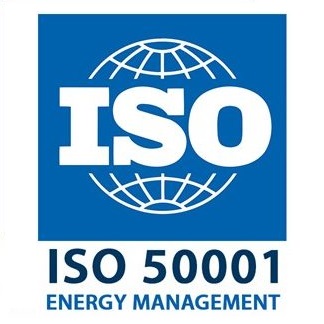
Compliance
There are direct benefits to your organisation in the measuring and reporting of environmental performance as it will benefit from lower energy and resource costs, gain a better understanding of exposure to the risks of climate change and demonstrate leadership, which will help strengthen your green credentials in the marketplace. You should find it helpful to use environmental KPIs to capture the link between environmental and financial performance.
Investors, shareholders and other stakeholders are increasingly requesting better environmental disclosures in annual reports and accounts. The number of organisations that are seeking information from their suppliers on environmental performance is increasing too. Organisations of all sizes are increasingly expected to measure and report on their environmental performance or risk losing out to competitors who do record their environmental performance.
Many businesses are finding that their environmental risks are material to their operations and supply chains or are likely to become so. This may take the form of physical risks from climate change, or business risk from volatile energy and commodity prices. Equally some are finding that early action to address such risks can generate new business opportunities.
Legal Framework for Reporting
The Companies Act 2006 (Strategic Report and Directors’ Reports) Regulations 2013 amended the Large and Medium-sized Companies and Groups (Accounts and Reports) Regulations 2008 to require quoted companies to report information on greenhouse gas (GHG) emissions in their Directors’ Reports. Quoted companies, as defined by the Companies Act 2006, are also required to report on environmental matters
The Companies (Directors’ Report) and Limited Liability Partnerships (Energy and Carbon Report) Regulations 2018 come into force on 1 April 2019 and apply to financial years starting on or after 1 April 2019. The 2018 Regulations impose new obligations for what must be included in the Directors’ Report6 for quoted and large unquoted companies as well as imposing an obligation on large LLPs to prepare a new kind of report (‘the Energy and Carbon Report’).
Voluntary reporting of GHG emissions for companies of all sizes is encouraged by UK HMG within the streamlined energy and carbon reporting guidance updated March 2019.

ISO 50001 is based on the management system model of continual improvement also used for other well-known standards such as ISO 9001 or ISO 14001. This makes it easier for organizations to integrate energy management into their overall efforts to improve quality and environmental management.

ISO 14001 sets out the criteria for an environmental management system and can be certified to. It maps out a framework that a company or organization can follow to set up an effective environmental management system. Energinet has been developed in accordance with ISO 14001
NET ZERO 2050
In 2019, the UK Government and the devolved administrations committed to the Net Zero target as recommended by the Committee on Climate Change.
Energinet is the ideal business tool to help you on you on your journey to contributing to Net Zero 2050. Monitoring and managing your GHG emissions is an essential part of the process.
ARE YOU READY TO REDUCE COSTS AND ENERGY WASTAGE?
BOOK A DEMO
Address: Unit 3, Blenheim Court, Brownfields,
Welwyn Garden City, AL7 1AD
Phone: 01780 435002
Email: [email protected]
